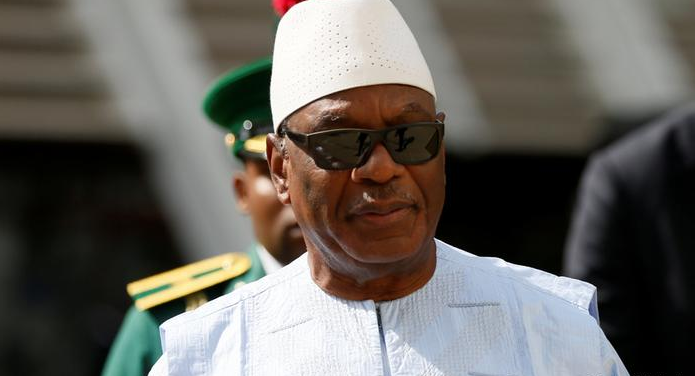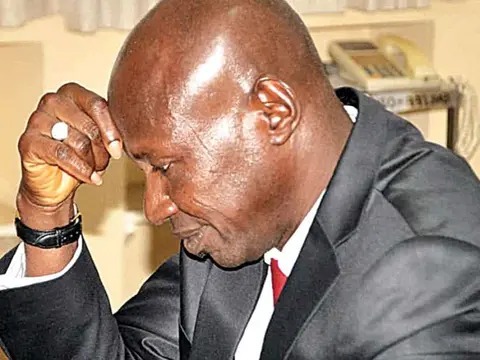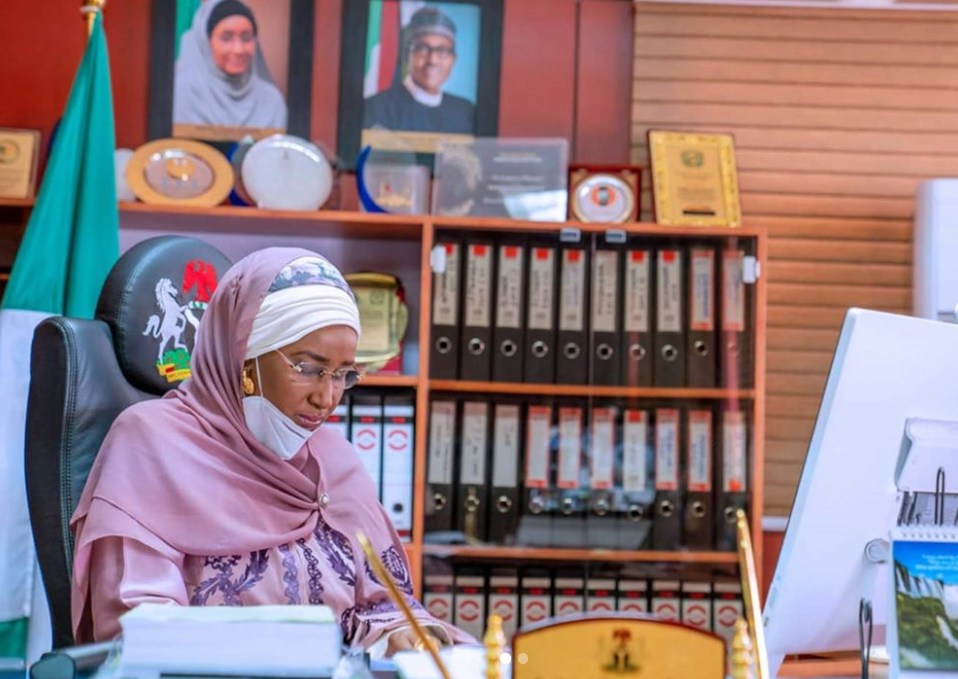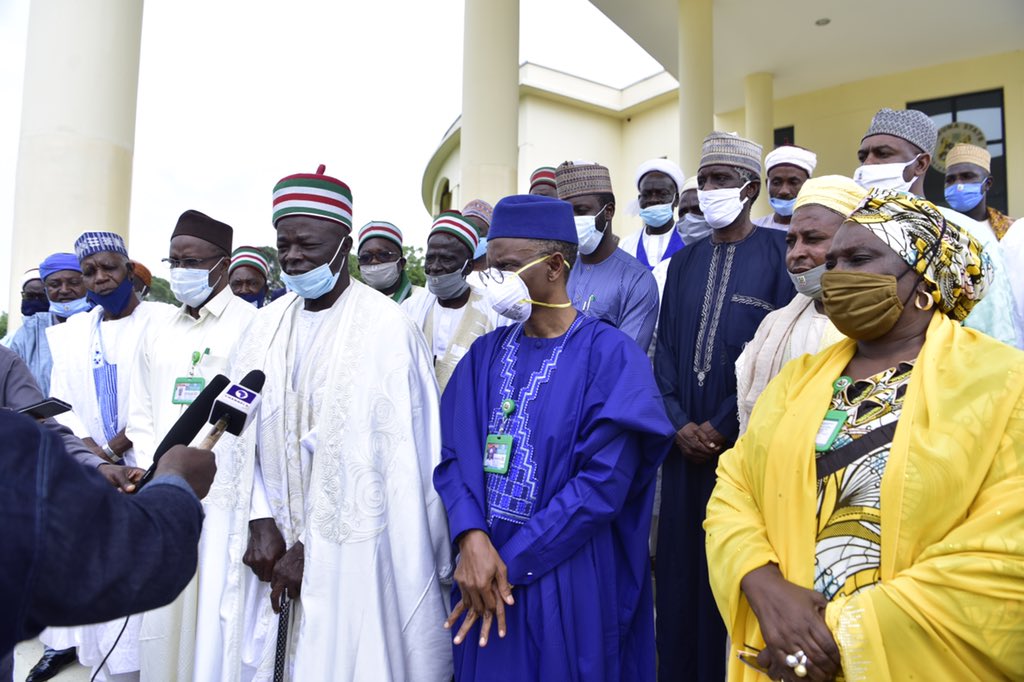On Monday August 24, 2020, I had an encounter with one of my friends in Benin City, the Edo state capital. While we tried to catch up on old times, he gave me an update on his son who is abroad. We were talking of the stupidity of our generation: people who build big houses in the villages and in the towns where they reside. Even before they reach the age of 60, they begin to recognize their folly.
By then it is clear to them that none of their children,except perhaps the never-do-wells, would dream of living with them when they become adults. They always prefer to stay alone or with their friends in the other part of town. That is for those of them that opt to stay in Nigeria.
My friend now gave the story of his son. When as a 10-year-old, he wrote the Common Entrance examination, he scored over 320 and couldn’t get admission into a Federal Government College. The boy asked him why couldn’t he gain admission while those who scored 65 and even less were gaining admission. My friend couldn’t explain the anomaly to the boy.
The boy then proceeded to a private secondary school. While there, he noticed that a lot of the students got away with bad behavior. He came home one day to ask his father why that was the case. Is it because they have rich and powerful parents? My friend said he was tongue-tied.
Advertisement
Our young man proceeded to a private university and came out with a good degree in Computer Engineering. He was reluctant to go for the national youth service scheme, but his father persuaded him to do so. After the orientation camp, he got posted to the office of the Deputy Governor of the state he was serving in. That was when he realized that governance in Nigeria is a scam.
The Deputy Governor and his aides hardly reported for work. When they came around it was towards the end of the month so that they can allocate the resources given to the state from the Federation Account.
While his father was still scratching his head on what he would after the Youth Service, the young man came home one day to show his father a letter of admission for a master’s degree in one of the universities in the United Kingdom. He equally brought out evidence of a scholarship up to 8,000 pounds to pursue the programmer. All he needed from his father was a flight ticket to the UK to enable him resume his studies. A very pragmatic man, my friend realizing that he had no chance of stopping the young man, quietly sourced money for the ticket and son left the shores of Nigeria. The young have since completed his master’s degree and PhD.
Advertisement
Mr. Young Man has since become a faculty member in the university he attended. He recently told his father that he is not coming back to Nigeria. And that he will buy tickets for him and his wife whenever they want to visit the UK.
The story of this young man is the story of millions of our children abroad. And there are many more living in Nigeria who are frustrated with the way things are. Many of us have children abroad or know of a relation or friend whose children live overseas.
In many cases, they stay abroad not because that is their choice but since there are no jobs for them when they return home.
Nigeria as a country thus suffers double jeopardy. We spend our hard-earned money to train the children abroad and they stay back in those countries to use their talents and skills to further develop already developed societies. Our poverty is further deepened, and our society is clearly the loser.
Advertisement
Even where there are jobs, they are few. And the scramble for them no knows bound. This is where many of the young ones lose further faith in the country. This is when they confront god fatherism in its most insidious form. You must know a senator, a governor, a permanent secretary, a director or a billionaire to stand a chance of securing a job. Not many of our children who have been exposed to better standards will want to subject themselves to this. A system that frowns at merit cannot lead to the success of a people.
Those of them that have entrepreneurial skills have a myriad of problems to confront. Opportunities to hone their talent are virtually non-existent. Mentors are scarce. With a shark-infested environment, finding trust is an essential commodity. Getting business partners has become a difficult proposition.
Added to the foregoing is the absence of basic infrastructure. A shambolic electricity supply system, poor roads, multiple taxation, etc. Even for those who want to be involved in IT-driven businesses, they still need a secure environment to deliver their goods to their customers. They still need good roads. So many things are just not right.
Take a town like Aba, for example. A place brimming with energy and creativity. But it is a town that successive governments in Abia State have criminally neglected. No good roads. No drainage system. Refuse is everywhere. Terrible infrastructure. The ambience of the town is not conducive to doing business. How do you encourage our young ones to wade through gutters, climb refuse heaps, match dirty grounds to purchase goods and services? But that is what they do every day in Aba. It is a miracle that our people still carry out a lot of businesses in that town.
Advertisement
How many young people can put up with the level of corruption in this country? Almost everywhere you turn, corruption stares you in the face. Even the little efforts of government to help small businesses are hobbled by corrupt practices. Take for example, the Nigerian Incentive-based Risk Sharing for Agricultural Lending (NISTRAL) which is done in conjunction with the Central Bank of Nigeria (CBN). Those who are supposed to facilitate the disbursement of loans are forcing the hapless applicants to cough out money before they can process their applications!
Should we leave to our children a virtually failed nation? Where security of lives and property are not guaranteed? Where roads are in a shameful state? Where electricity supply is abysmal? Where corruption is in our DNA?
Advertisement
How do you revive or grow an economy, any economy, without basic infrastructure? Why is it that those in government at all levels don’t have an appreciable sense of urgency?
Why should we expect our children – those abroad and those in Nigeria – to have faith in this country? Have we given them enough reasons to believe in the Nigerian Project? I don’t think so.
Advertisement
Views expressed by contributors are strictly personal and not of TheCable.
Add a comment







